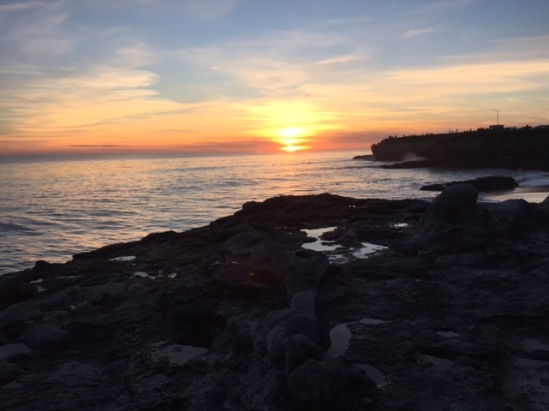A word about Nathaniel Hawthorne. He writes in a way that I thought only people like Marilynne Robinson could. Just when I thought there weren’t enough words in the language to describe how much we feel, Nathaniel Hawthorne has found them all and rung the dripping water out of them and hung them together out on the line.
“A hundred mysterious years were whispering among the leaves.”
“Here and there, a few drops of this freshness were scattered on a human heart, and gave it youth again, and sympathy with the eternal youth of nature.”
Zora Neale Hurston and Marilynne Robinson.
“…in times when chimney-corners had benches in them, where old people sat poking into the ashes of the past, and raking out traditions, like live coals.”
Virginia Woolf, Zora Neale Hurston, and Marilynne Robinson.
And then sometimes passage could only have been written by Nathaniel Hawthorne himself:
“However the flowers might have come there, it was both sad and sweet to observe how Nature adopted to herself this desolate, decaying, gusty, rusty, old house of the Pyncheon family; and how the ever-returning Summer did her best to gladden it with tender beauty, and grew melancholy in the effort.”
Just like how George Eliot had those rural English towns. And Edith Wharton had New York. And George Sand will always have Paris. Nathaniel Hawthorne had the forest, the sea breezes, the shadows, the fears, the weightlessness, the darkness, the pleadings to God, the desperations, the courage, the joys, the acts of hopelessness, the house of the seven gables, and the falling of rain.
I’ve written about imitation before. I’m nearing the end of The House of the Seven Gables, and I think it’s telling that when I tried to write about a dream I had a few weeks ago, even though I was writing in French, it came out like this. In my dream, my grandparents had just told me the news, as we walked up the steps to a seafood restaurant in a town on the Oregon coast, that a friend of theirs, a lumberjack with blue eyes, had died. (There is a Don West poem I read in an airport five years ago that has this storyline.) Not knowing how to respond, I asked the hostess for a table. A somewhat mediocre translation follows. This is what I dreamt.
Hier soir j’ai rêvé que je suis allé diner pendant un état de deuil. En entrant dans le restaurant, j’ai présenté à l’hôtesse une feuille de papier marqué de trois mots: “Je suis triste,” aussi a-t-elle sélectionné pour moi une table près d’une fenêtre immense qui donnait sur la mer. Il y avait une brume et des nuages noirâtres qui pour certains devaient prévenir un orage, mais il me semblait en revanche que rien ne pourrait troublerait la pâleur lourde de la grande surface hautaine. C’était comme si le ciel avait un regard si captivé par les petites lumières nocturnes qui sortaient dans le village, et par les cris de mouettes et par les sons de vagues, qu’il se mit à garder aussi longuement que possible la silence de son calme externe, qu’il tâchait de ne permettre que la fraicheur mouillée de son soupir doux, qu’il ne voulait que soulager, autant qu’il pouvait, les douleurs de tout un monde de violences et de blessures qui surgissaient dans son âme, qui montaient dans sa chair, et qui se dévoilaient en tremblements en dessous dans les reflets d’eau.

Last night I dreamed that I went to dinner during a time of mourning. Upon entering the restaurant, I presented the hostesswith a piece of paper marked with three words: “I am sad,” and she selected for me a table near a large window overlooking the sea. There was a mist and black clouds, some of which might have signaled a storm, but it seemed to me that nothing could now upset the heavy pallor of the expansive surface above. It was as if the Sky had a look so captivated by the small nocturnal lights that came out in the village and by the cries of seagulls and the sounds of waves, that he set out to preserve as long as possible the silence of his external calm, that he tried to release no other sound but the wet coolness of his sigh, that he wanted nothing but to soothe, as much as he could, the hurting of a whole world of violence and wounds which stirred in his soul, which rose in his flesh, and which revealed themselves in tremors down below in the reflections of the water.
